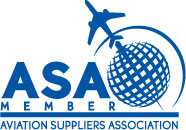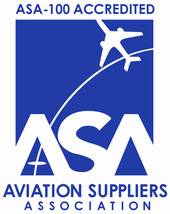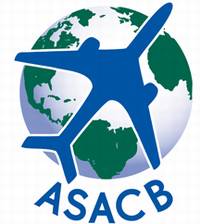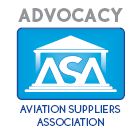Treasury Continues to Clarify Policy on Iran
U.S. Treasury Department licensing policy with respect to Iran continues to gain clarity as the Office of Foreign Assets Control issues new licenses. On March 24, 2016, OFAC issued under the Iranian Transactions and Sanctions Regulations General License I - Authorizing Certain Transactions Related to the Negotiation of, and Entry into, Contingent Contracts for Activities Eligible for Authorization under the Statement of Licensing Policy for Activities Related to the Export or Re-export to Iran of Commercial Passenger Aircraft and Related Parts and Services.
In relevant part, the General License states
U.S. persons are authorized to enter into, and to engage in all transactions ordinarily incident to the negotiation of and entry into, contracts for activities eligible for authorization under the [policy for commercial aviation exports to Iran], provided that the performance of any such contract is made expressly contingent upon the issuance of a specific license by [OFAC] authorizing the activities to be performed.
In layman's terms, the General License permits the ancillary processes that go into negotiating and finalizing a contract. The caveat is that the performance of the contract itself must be made conditional on issuance by OFAC of a Specific License covering the terms of the deal.
The benefit of General License I is to allow parties to bid on contracts and attempt to hammer out deals without having a Specific License already in place. But they must remember to make clear that the execution of any agreed-to contract is contingent upon issuance of a Specific License by OFAC.
Remember, General Licenses are those licenses that apply to everyone without any additional action required as long as you stay within the scope of the General License.
It remains important to exercise additional diligence in undertaking transactions with Iranian customers; but we can expect transactions to get easier as both Treasury and industry gain experience and familiarity with the process. And as always, if in doubt, consult an export compliance attorney.





